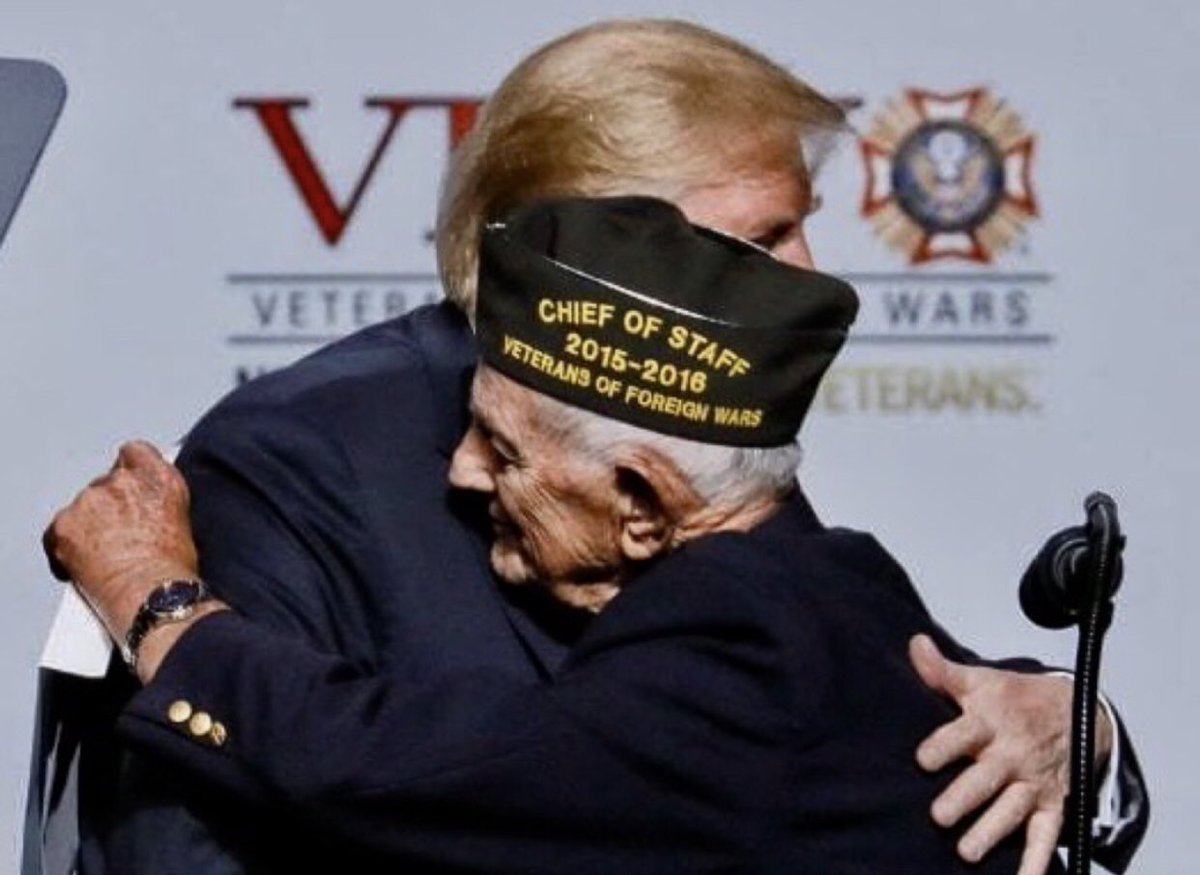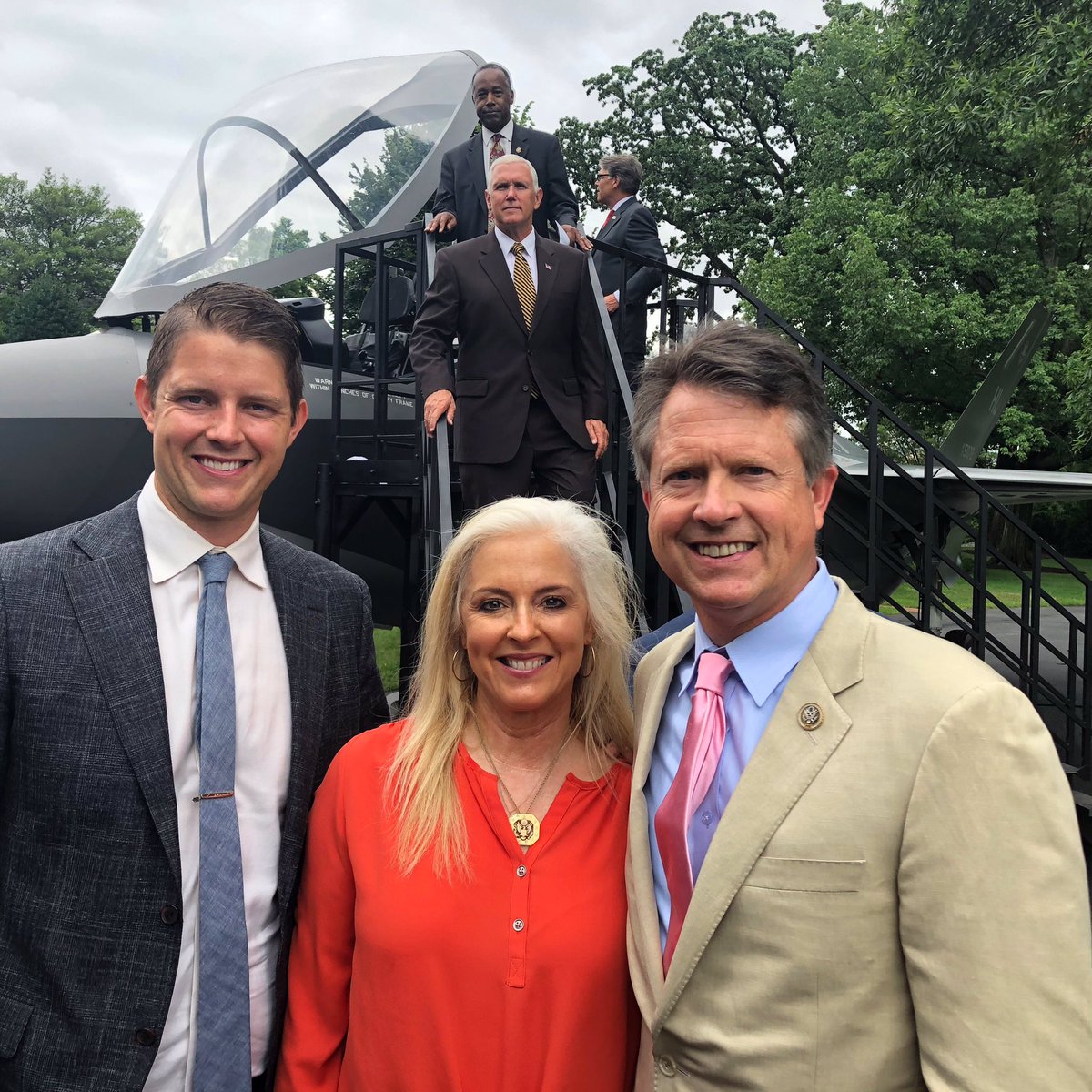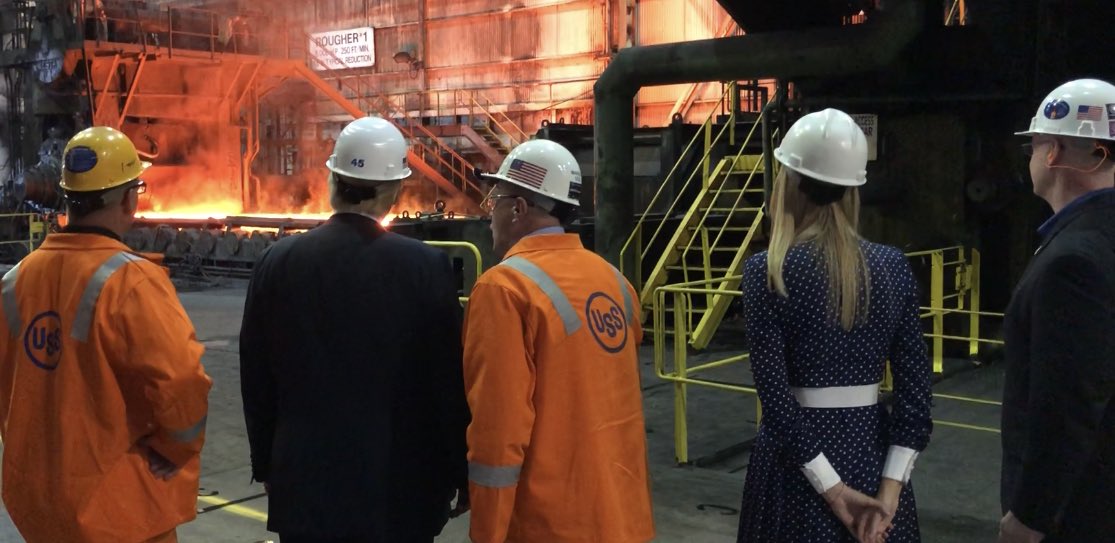So great was the British loss that there was no pursuit.
In distant Philadelphia, on this day, the Continental Congress had chosen as the Commander of their Army, George Washington, a man whose clear vision looked into the realities of things and did not falter.
No greater commentary has ever been made on the significance of Bunker Hill.
The war was not inevitable. Perhaps wars are never inevitable. But the conflict between freedom and privilege was inevitable.
One side must give way.
Not being beasts, but men, we choose the sacrifice."












